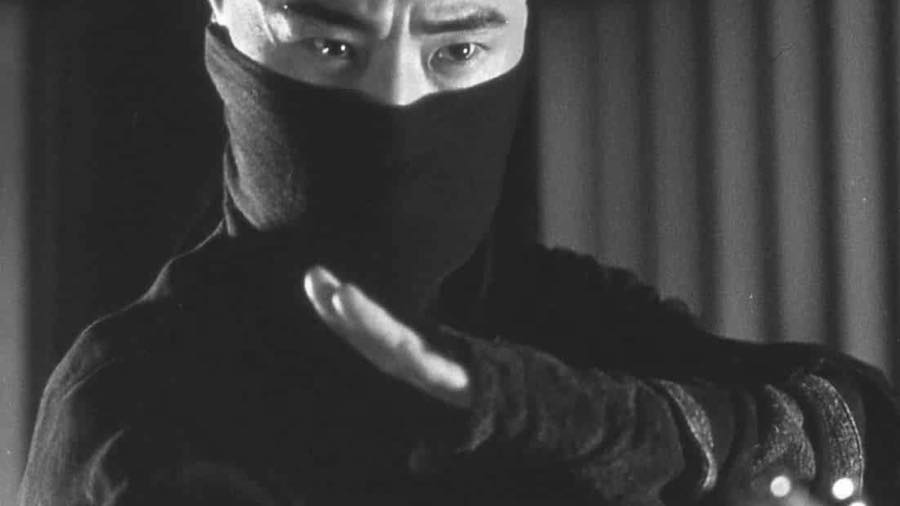
By studying historical stealth operatives and the countermeasures employed against them, it becomes evident that stealth was widely practised as a martial skill, an art, and a strategy of war. It was a pervasive ability, employed by many for various purposes.
The general populace utilised ‘invisibility’ techniques, known as yinshen shu 隱身術, literally meaning ‘hide body skill,’ as a form of self-defence against overwhelming odds—such as bandit mobs and Mongol raiders. Soldiers adapted these same stealth methods for night raids, cross-border operations, and reconnaissance missions. Yinshen shu 隱身術 was (and remains) a skill set accessible to anyone willing to learn, provided they could find a teacher. It encompasses the arts of hiding, camouflaging oneself, and remaining ‘out of sight,’ so to speak. Interestingly, the characters for yinshen shu 隱身術 are sometimes interchangeable with ninjutsu 忍術 (the art of the ninja 忍者) in certain Japanese historical texts.
Crossing enemy lines requires not only resilient soldiers but also specialised training. However, the measure of ‘stealth’ and ‘skill’ differs significantly from that of a penetrator 通士, one who might enter a building through the roof and remain inside for days on end, constantly facing danger. Tongshi 通士, or ‘penetrators’, are the personas behind the legends that pervade the entire Far East!
In the late Ming dynasty publication, the Bing Jing Bai Yan 兵經百言, we find the concept and category description:
The first is called penetrators, the second spies, third observers, and the fourth locals. Penetrate the enemy to know the enemies plans and plots…1
一曰通,二曰諜,三曰偵,四曰鄉。通,知敵之計謀
Penetrators 通士 employed stealthy methods to ‘steal-in’ to seemingly impenetrable places. Once inside, they could function as spies, assassins, saboteurs, psychological warfare agents, and masters of deception.2 The strategic use for highly skilled penetrators 通士 was only limited by the strategist’s imagination.
- Jie Xuan 揭暄, Bing Jing Baiyan 兵經百⾔, 85
- In the Bing Jing Baiyan 兵經百言 reference, only the character 通 is used to denote the category ‘penetrate/penetrators,’ but when describing the persona in more detail, we add 士, meaning person, soldier, scholar, etc., as is typical in the structure of Chinese language..
